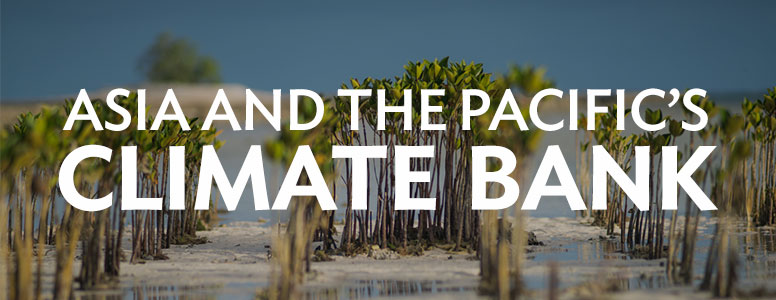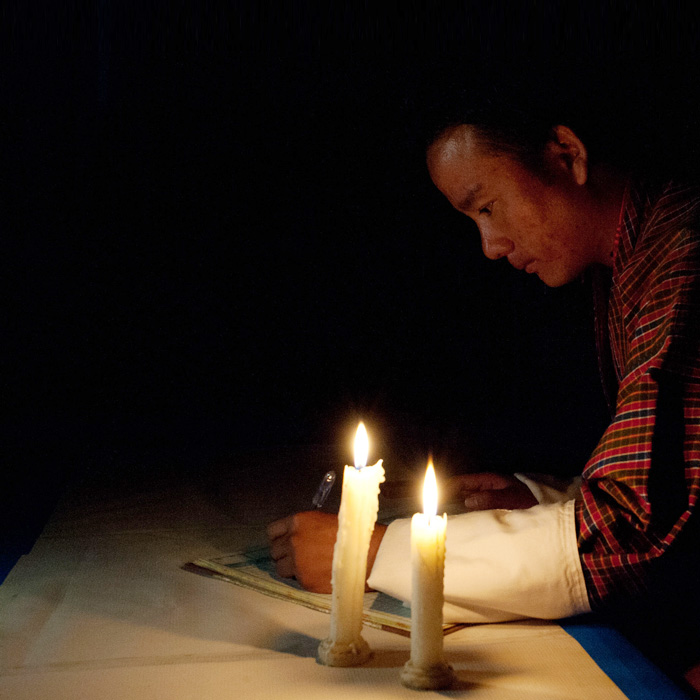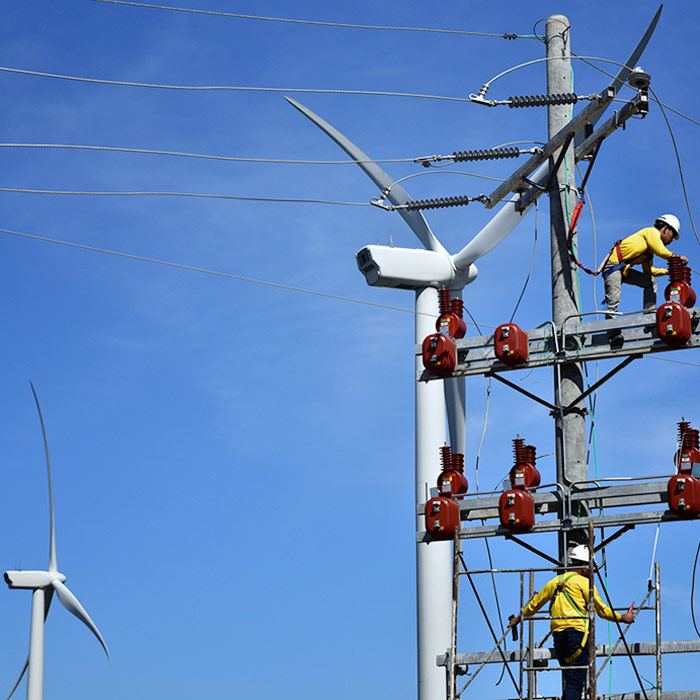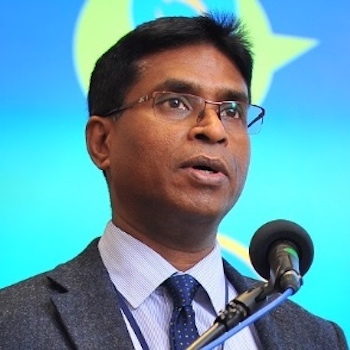Energy
ADB is working to increase access to reliable, affordable, low-carbon energy across Asia and the Pacific to reduce poverty and promote development.
- Jump to:
- What ADB Is Doing
- What ADB Has Done
- What's New
-
Population without access to electricity
Around 150 million people in Asia and the Pacific lack access to electricity.
-
Asia and the Pacific infrastructure needs, 2016-2030
Climate adjusted investment in energy accounts for 56% of what the region needs up to 2030.
-
Share of greenhouse gas emissions
Asia and the Pacific accounts for more than 50% of global CO2 emissions where more than half comes from electricity and heat.
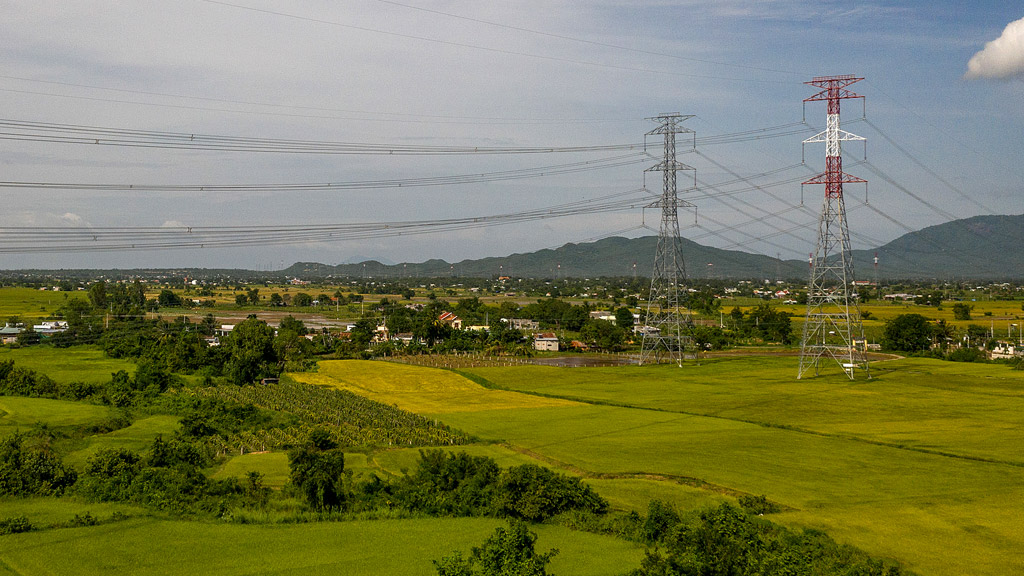
ADB is working to improve access to reliable, affordable, low-carbon energy across Asia and the Pacific. Through its various financing instruments, ADB develops projects in renewable energy generation, electricity transmission and distribution, and energy utilities. Policy and governance reform has been central to ADB’s approach in the sector to enable markets, encourage private sector participation, and promote clean energy.
Given the enormous needs, ADB works with its developing member countries, development partners, and the private sector in creating a competitive market environment to ensure access to clean, affordable energy. ADB’s 2021 Energy Policy focuses the bank’s resources where they can make the biggest difference in terms of addressing energy access and security, climate change, and environmental sustainability.
Our Impact
Results delivered in 2022 from ADB projects.
10,000 megawatts
Renewable energy capacity installed
29.6 million tCO2e/year
Total annual greenhouse gas
emissions reduction
*tCO2e = tonnes of carbon dioxide equivalent
280
Low-carbon infrastructure
established or improved
Your Questions Answered
-
What role has ADB played over the decades in the electrification of Asia and the Pacific?
From 2008 to 2021, ADB invested approximately $12 billion in energy access projects providing energy to more than 45 million households in the region. However, there is much more to do. About 150 million people in Asia and the Pacific still have no access to electricity.
-
Most economies in Asia and the Pacific are driven by fossil fuels, what’s ADB’s policy on financing and supporting carbon-based energy projects?
Under ADB’s Energy Policy 2021, ADB will not support coal mining, processing, storage, and transportation, nor any new coal-fired power generation. ADB will also not support any natural gas exploration or drilling. The bank will be selective in its support for midstream and downstream natural gas initiatives.
-
How does lack of electricity and other energy sources limit economic and social development?
Energy is a key input in social and economic activities in a country. Access to reliable energy supplies provides, among others, increased opportunities for income generation, along with better health care and education and thus improved living standards.
What's New
-
| News from Country Offices
ADB, SAEL Industries Sign 12.23 Billion Indian Rupee Deal for a 400 MW Solar Power Plant in Gujarat India
-
| News from Country Offices
เอดีบีจับมือบ้านปูลงนามข้อตกลงมูลค่า 2.4 พันล้านบาท สนับสนุนรถตุ๊กตุ๊กไฟฟ้าในไทยและการผลิตแบตเตอรี่ในจีน
-
| News from Country Offices
亚行与万浦签约,贷款24亿泰铢支持在泰国发展电动嘟嘟车和在中国生产电池
-
| News from Country Offices
ADB, BANPU Sign 2.4 Billion Thai Baht Deal to Support Electric Tuktuks in Thailand and Battery Production in PRC
-
| News Releases, News from Country Offices
ADB, BII Launch New Green Trade Finance Partnership for Asia and The Pacific

